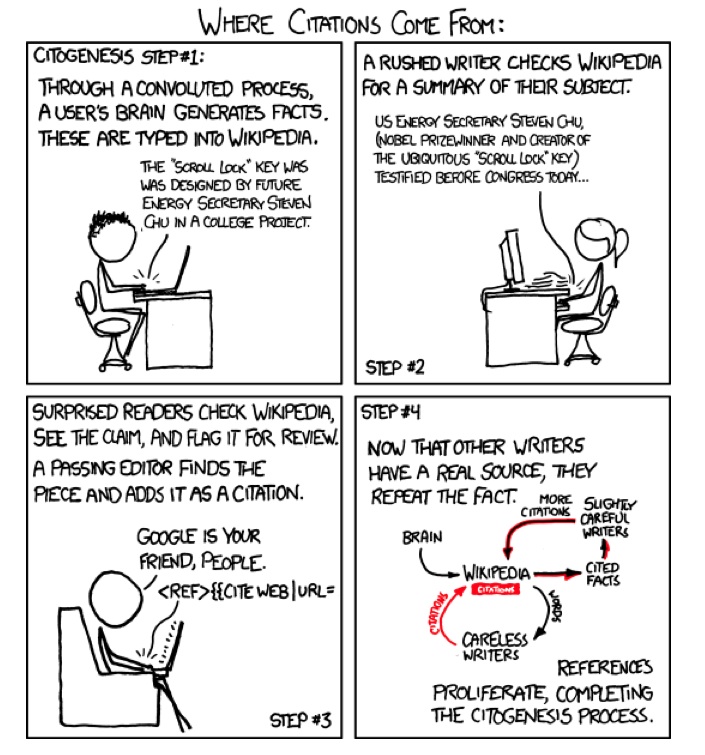Here is an interesting article by Guy Patrick Cunningham on modern digital writing, which is fragmentary in all its forms:
Fragmentary: Writing in a Digital Age (The Millions, 01, 2012).
Here is a quote from the article:
“It’s not that fragmentary writing is the only acceptable form of writing today — I have no intention of breaking this essay into tweets — but it is the form best suited to address the conundrum Carr is so concerned about in The Shallows. We all read online, and the rise of smartphones, tablets, and e-readers means we will be doing so even more. This means we will all be spending ever more time reading with a medium that encourages distracted, fragmented reading. Fragmentary writing — work that accumulates fragments of text and presents them in a way that encourages introspection and contemplation — seems like a logical response to that experience. And that makes me incredibly curious to see where people will take it.”



